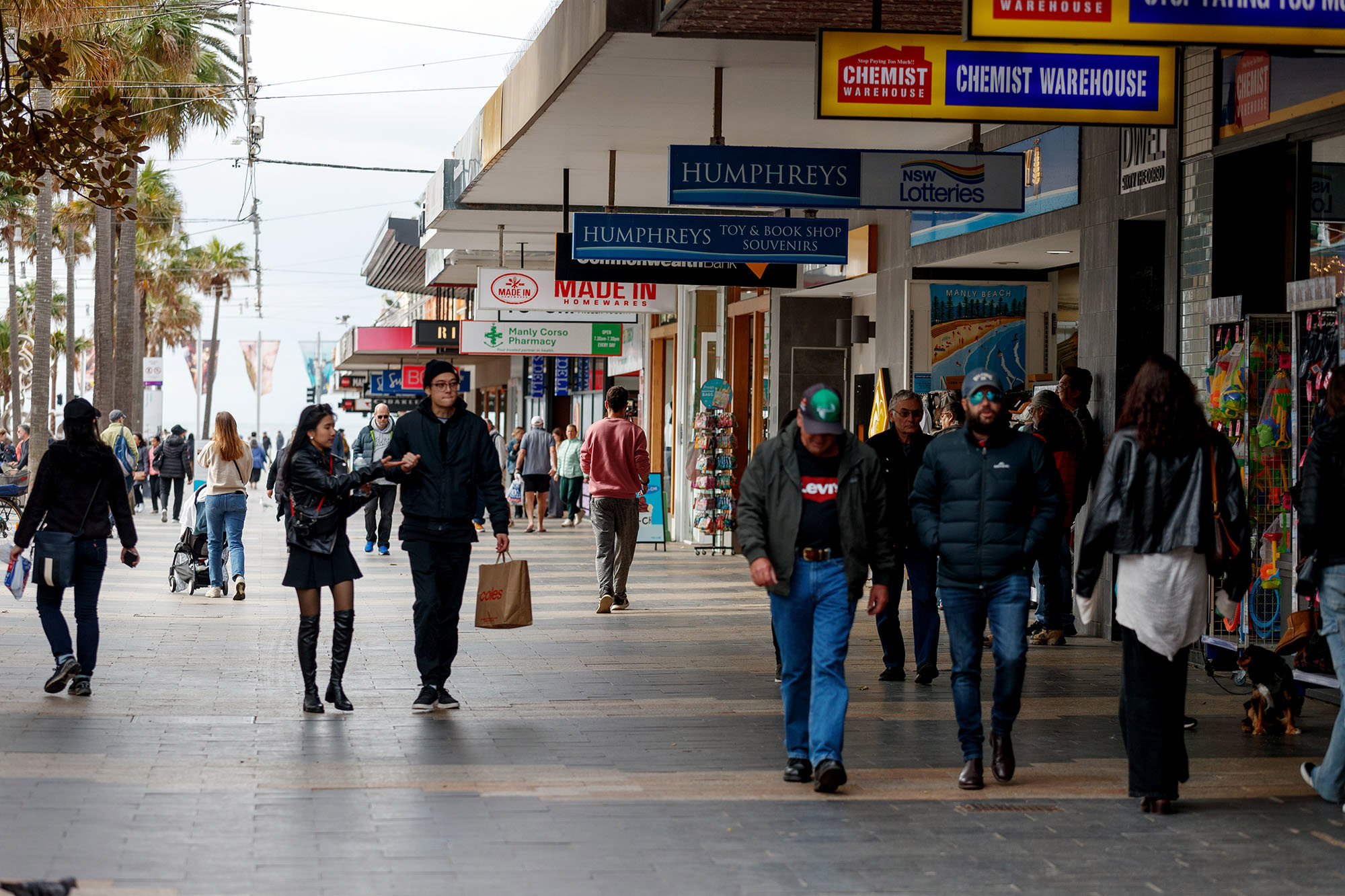
Inflation has risen once again, with the monthly consumer price index (CPI) surging to its highest level this year, well above what economists had expected.
According to new data from the Australian Bureau of Statistics, the monthly CPI indicator hit 4 per cent for May – far higher than April’s 3.6 per cent, and above the 3.8 per cent the market had predicted.
The last time it was higher was last November, when it was sitting at 4.3 per cent.
READ MORE: Julian Assange pleads guilty in US court
However, in slightly better news, the CPI excluding volatile items and holiday travel actually dropped from 4.1 to 4 per cent.
“CPI inflation is often impacted by items with volatile price changes like automotive fuel, fruit and vegetables, and holiday travel,” ABS head of prices statistics Michelle Marquardt said.
“It can be helpful to exclude these items from the headline CPI to provide a view of underlying inflation, which was 4.0 per cent in May, down from 4.1 per cent in April.”
READ MORE: Iconic Sydney theme park Luna Park up for sale
The new data comes with many Australian households desperate for an interest rate cut but the Reserve Bank has said inflation needs to come back to target far quicker for it to pull the trigger.
“We need a lot to go our way if we’re going to bring inflation back down to the 2-3 per cent target range,” Michele Bullock said after the RBA’s rates decision last week.
“The board does need to be confident that inflation is moving sustainably towards target, and it will do what is necessary to achieve that outcome.”
READ MORE: Everything that’s about to change on July 1
The Reserve Bank board won’t meet to discuss interest rates until the first week of August – after the next round of quarterly inflation data, which typically has a greater impact on its decisions.
However, it has discussed the prospect of raising rates during its last two meetings, before ultimately deciding to leave them on hold at 4.35 per cent.
The primary driver of the unexpectedly high inflation rise last month was housing costs, which rose 5.2 per cent over the last year.
“Rents increased 7.4 per cent for the year, reflecting a tight rental market across the country,” the ABS said.
“The annual rise in new dwelling prices remained steady at 4.9 per cent with builders passing on higher costs for labour and materials.”
links to content on ABC
9News





